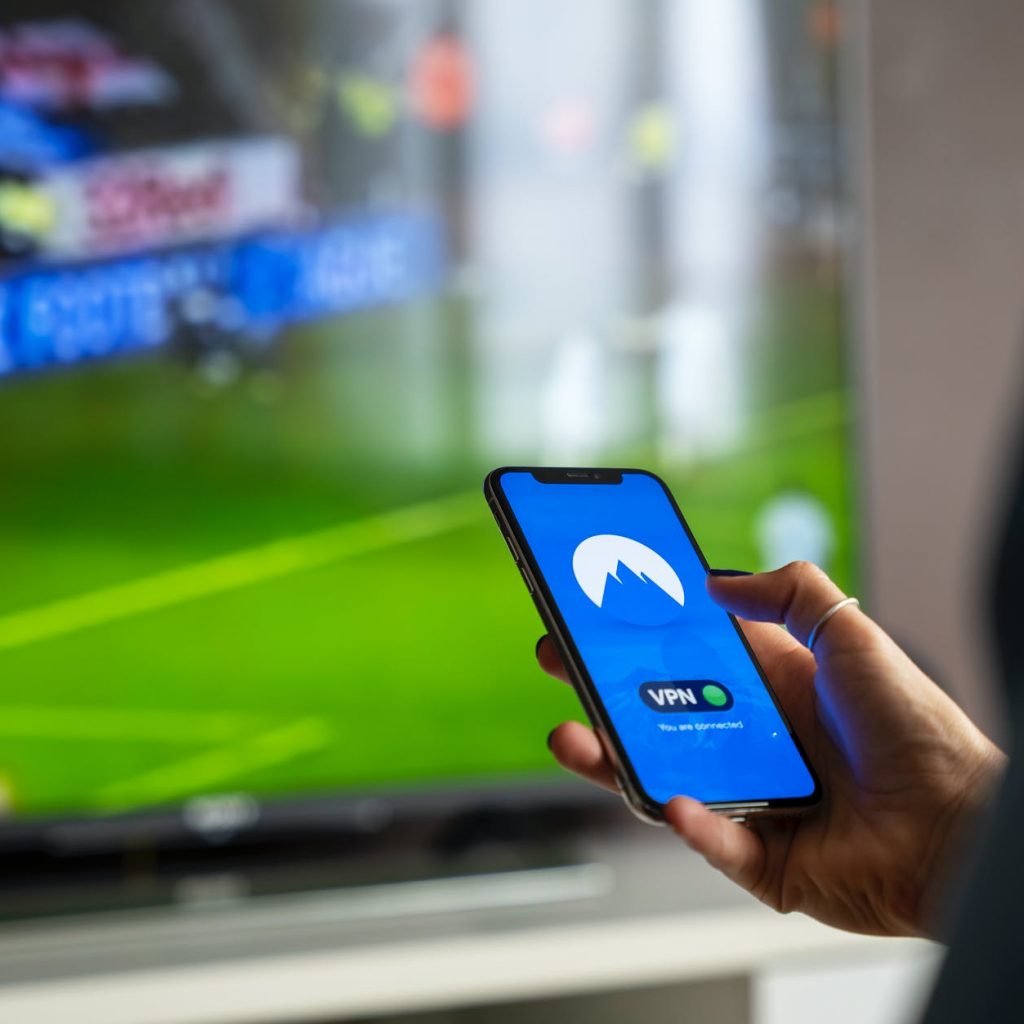
Photo by Stefan Coders on <a href="https://www.pexels.com/photo/internet-connection-technology-blur-5117989/" rel="nofollow">Pexels.com</a>
A VPN helps protect your network from a variety of online threats. It adds an extra layer of security to your personal device by encrypting and tunneling all web traffic through a secure server. This can help you avoid hackers, identity thieves, and other malicious users who might be out to harm you on the internet. All of the traffic on your personal device is also encrypted, which means anyone can’t snoop on anything you do online.
However, there are some things to keep in mind when choosing a VPN. First of all, you need to make sure that it’s trustworthy. Some VPN services leak users’ private information, meaning they’re not capable of protecting your privacy. Second, you need to make sure that it’s capable of protecting you from all of the latest online threats. When it comes to their network security and privacy, they’re not making any progress at all. Governments and private companies keep surveilling people and stealing their personal data for surveillance purposes. This is why you should always use a VPN to protect yourself online.
It’s important to use a VPN for your security needs, but it’s not enough to protect you from threats on the net. That’s why you should always use a VPN to protect yourself on the net. If you’re worried about the people snooping on your network security, get yourself one of these best VPN services out there!
What is a VPN?
VPNs (Virtual Private Networks) are services that mask your IP address and make you anonymous online. They allow you to visit websites as if they were in a different country. For example, if you are in the US but want to access a website that is limited or blocked in your country, then all you have to do is connect to a VPN server in that country.
There are many different VPN providers on the market, but some of them offer better service than others. Our goal at PrivacySharks is to inform you about which ones we think provide reliable protection and privacy for your internet connection!
The most popular providers are paid services like ExpressVPN and NordVPN. But there are also free options like Hotspot Shield. We’ve compiled this list of both paid and free VPNs so that you can find the right one for your needs.
Paid VPNs
There are several paid VPN services out there on the market. However, not all of them are created equal. A free VPN service may give you some extra security but they’ll probably keep logs of what you do online which can be emailed to your ISP or government. That’s not ideal since it could lead to a fine and a possible ban on using the Internet in your country (or anywhere else for that matter). A paid VPN service, on the other hand, guarantees your privacy. They can’t keep logs of your activities so they have nothing to give to anybody.
Often, VPNs are outdated and vulnerable
Despite being a tried and true cybersecurity measure, VPNs are often outdated and vulnerable. It’s hard to stay up-to-date with the latest companies, software updates, new policies, the list goes on. When you’re trying to work around one of these vulnerabilities or limitations (most of which are out of your control), you could end up at risk for something like having your browsing history logged or even getting hacked. If you’re looking to hide your browsing data or speed up your online experience, then a VPN is the only logical option. However, there are countless problems with using VPNs today.
The biggest issue with using a VPN is that they’re often unreliable. That could be due to them having weak encryption (lacking solid security), or a connection problem that blocks a user from getting on the VPN service in the first place. We’ve seen it time and time again that almost half of VPN users don’t even bother to verify that the VPN service they’re using is actually secure. This includes the free services, which are usually the worst offenders in terms of security.
Hackers love using VPNs to intrude into your network
VPNs can be a great tool for privacy and security, but they also make it easy to access sites that otherwise might be blocked. What you may not know is that VPNs can easily become a hacker’s dream, and if you’re not careful, hackers could find their way into your network. They could even record conversations from the conference room by watching what people type as they’re typing, gather passwords from nearby keyboards, or even potentially spy on your entire office as well as the data center’s event traffic.
To see the true value of VPNs done wrong, we need not look any further than you or your own staff. I’m sure I don’t need to remind you that having open corporate VPNs accessible from the Internet is like leaving your doors wide open allowing any hacker to come in and do as he pleases.













